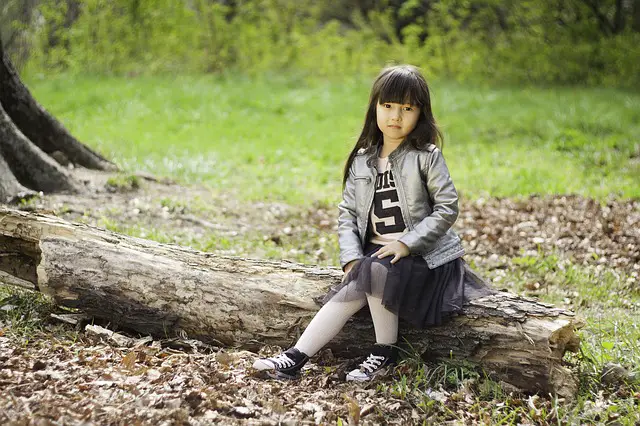Is shyness a defect?
Everything depends on the intensity of this shyness. The child’s behaviour at school, at home, with friends and with adults must be evaluated. Not all areas of his life are necessarily concerned: he may very well be at ease with his friends but reserved in front of the teacher.
Nowadays, shyness is perceived as a counter-value: if you don’t speak up in class, if you are only attentive and observant, it is not enough, and this, from kindergarten onwards.
In contrast to an undisciplined child who is asked to “be less” (noisy, dissipated, etc.), the shy child is asked to “be more”. And it’s not that easy!
Do shy children necessarily have a problem with self-confidence?
No. Some children don’t like noise and restlessness. There’s nothing wrong with their attitude: it’s their nature to be reserved. Others talk a lot and loudly, and are constantly being noticed.
Not all of them are necessarily more assertive than the shy ones. They hide behind excessive behavior. Some have what is called “false self-esteem”.
What are the assets of shyness?
Even if they are often neglected, these assets are numerous. Most of the time, a shy child is more thoughtful; he is less rushed into action than others. He is also more observant, cautious and circumspect than his friends: for example, he doesn’t trust just anyone right away. He is also less scrappy and calmer… even though we all know shy explosives!
But all this changes over time. Today’s shy person, so withdrawn towards grown-ups, will eventually get used to adults. And he will perhaps be very comfortable at the age of adolescence. Nothing is set in stone. Just because a parent is shy (or was shy as a child) doesn’t mean that the child will be shy.



